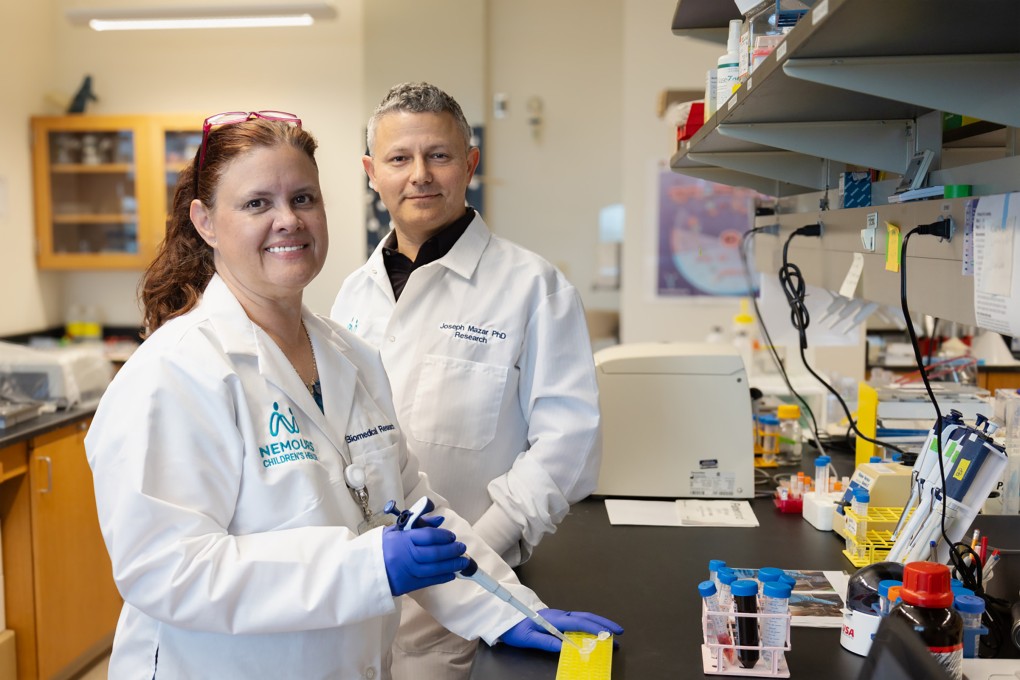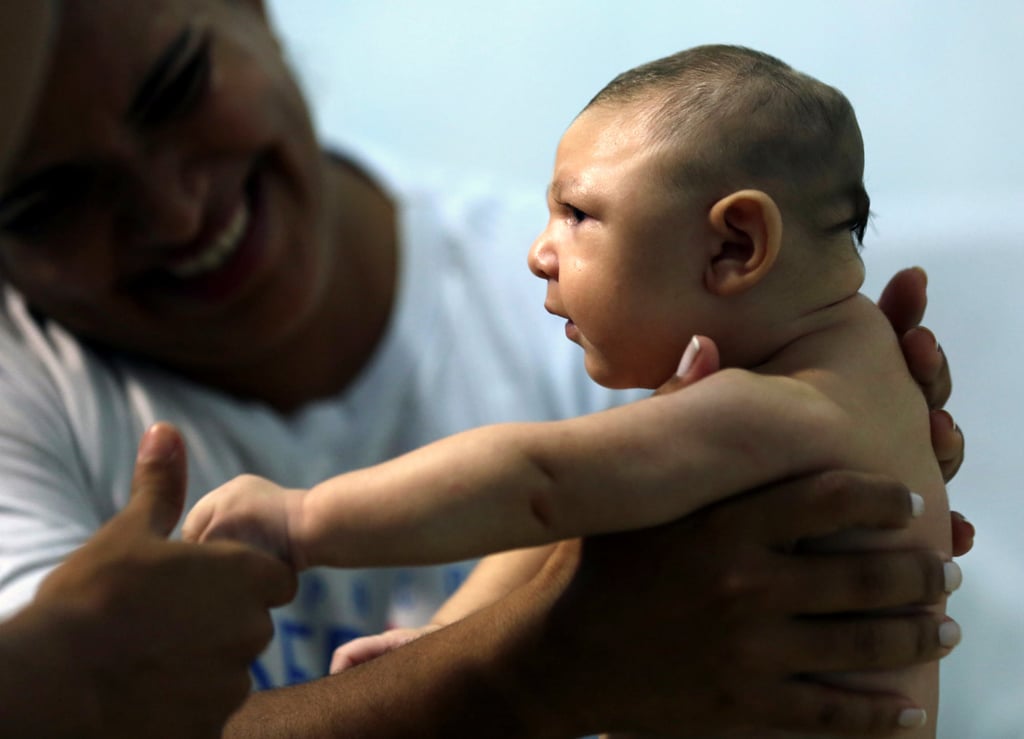Zika virus could treat childhood cancer, US researchers find
- An animal study shows the virus, which can cause devastating deformities in developing fetuses, has the potential to shrink neuroblastoma tumours
- The growths appear to be vulnerable to Zika in part because of their association with a protein called CD24, which has been connected to other cancers

Zika, a virus made infamous nine years ago through countless South America travel advisories about its potential dangers, may actually do some good.
A recent Nemours’ Children’s Health study on mice found that the virus has the potential to shrink tumours from a rare and deadly form of childhood cancer called neuroblastoma.
Each year, neuroblastoma accounts for only 6 per cent of childhood cancer diagnoses, but high-risk neuroblastoma causes 15 per cent of childhood cancer deaths. Fewer than half of neuroblastoma patients respond to traditional treatments such as chemotherapy and radiation, and families are desperate for an alternative.
In the study published on January 9 in the journal Cancer Research Communications, Nemours scientists injected Zika virus into human neuroblastoma tumours grown in mice. The tumours shrunk and, in mice given the highest dose of the virus, went away completely. The tumours did not grow back during four weeks of follow-up monitoring.

More research is under way to see if the treatment could be effective and safe on humans. The finding is a hopeful step forward, said the study’s senior author Tamarah Westmoreland, a paediatric surgeon and associate professor of surgery at Nemours Children’s Health in Orlando, Florida.
